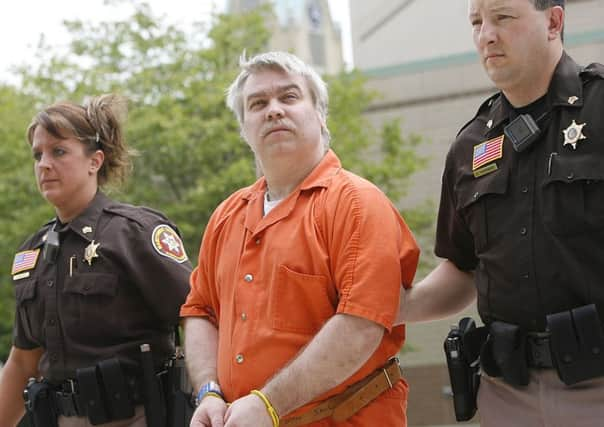Government '˜recklessly' destroying court records


Marika Henneberg, of the University of Portsmouth, has signed a letter to Lord Chancellor Michael Gove.
In it she, along with other justice campaigners, calls for crown court records to be held rather than be destroyed in a ‘reckless’ and ‘irresponsible’ way after five years.
Advertisement
Hide AdAdvertisement
Hide AdThe letter comes after the popular Netflix series Making a Murderer, which followed American Steven Avery who was wrongly convicted and jailed for 18 years.


He was later arrested for murder following his release.
The letter said: ‘In this new digital age, it is both reckless and irresponsible to systematically destroy the record of court proceedings.
‘Being able to access a record of what was said in court will work towards a more accountable criminal justice system.
‘Appellants in our jurisdiction deserve a justice process that is both open and transparent.
Advertisement
Hide AdAdvertisement
Hide Ad

‘It is inexcusable to promote secretive processes where records of important criminal proceedings are allowed to be destroyed within an unrealistic period of time.
‘We respectfully ask that you, as a matter of urgency, intervene to stop the destruction of court transcripts after five years and audio recordings after seven years, as these should be accessible to an appellant indefinitely.’
Ms Henneberg is advising Omar Benguit who was convicted of murder in 2005 after three trials. But only the judge’s sentencing remarks remain in existence.
In a blog post she said: ‘The court transcripts from the three trials would have provided invaluable information as to what actually happened in the court room to convince the third jury that he was guilty beyond reasonable doubt.’
Benguit was convicted of murdering Korean student Jong-Ok Shin in Bournemouth in 2002.
Some records are chosen to be permanently preserved, with all others destroyed, the Ministry of Justice has said.